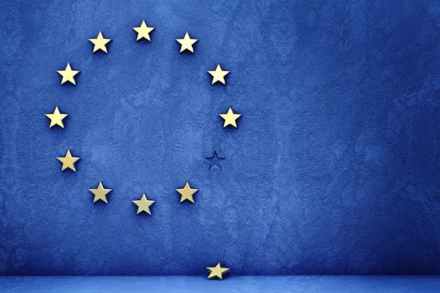Can Theresa May get any Brexit plan through the Commons?
Tuesday is the last chance for those MPs who want to secure as meaningful a Brexit as possible, I write in The Sun this morning. That evening, MPs will vote on a series of Brexit amendments designed to show the EU what kind of withdrawal agreement the Commons would accept. If one of them passes, then Theresa May can go back to Brussels and say: look, this is what will get the deal through my parliament. It would give her a decent chance of getting the EU to engage. But if none of these amendments can muster a majority, then the EU will simply sit tight. It knows that this




















